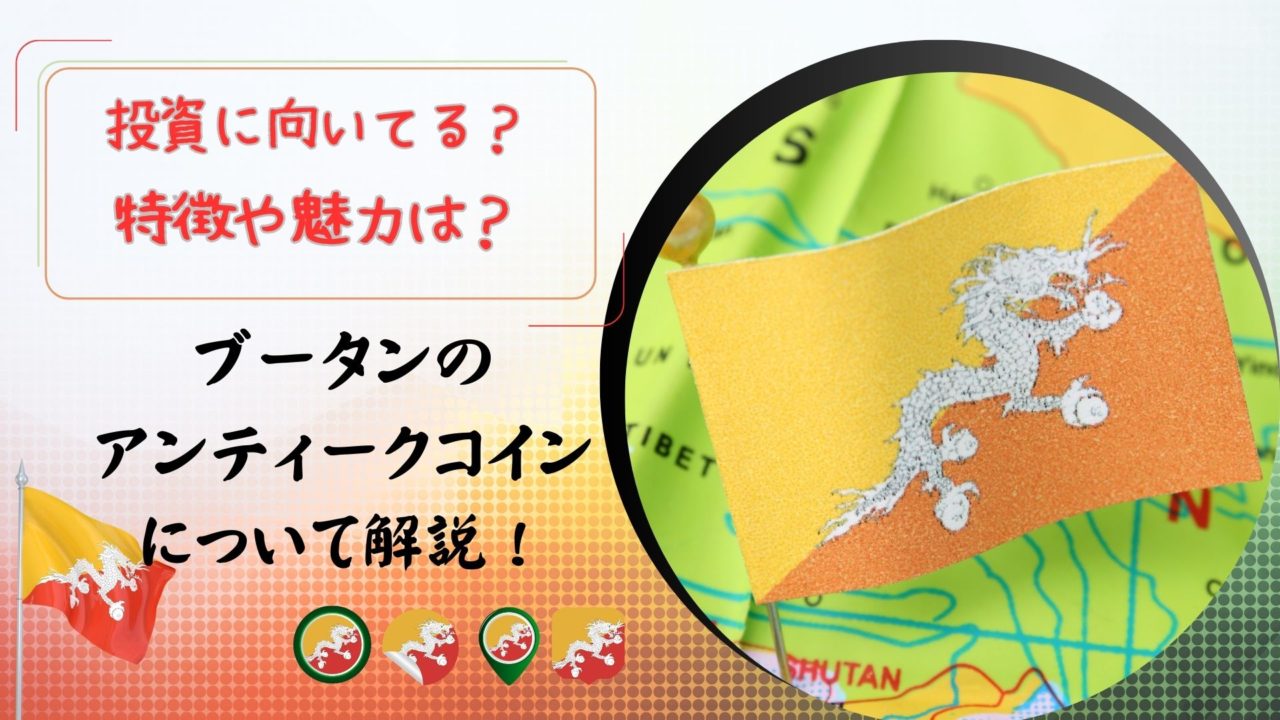One of the most significant mistakes is buying coins on impulse without proper research. Many new collectors get excited when they see a coin they like and buy it without finding out its authenticity or value. This can lead to buying counterfeits or overpriced coins that do not appreciate in value over time.
Another mistake is not grading and certifying coins when they are first purchased. Professional coin grading and certification can increase the value of a coin and provide a sense of legitimacy. Not grading and certifying coins can lead to disputes and disagreements over the coin's value when it comes time to sell.
It is also common for new collectors to store their coins improperly. Coins are often stored in plastic containers, but these environments can damage the coins or cause them to degrade. Coins should be stored in a secure, cool, dry place with minimal humidity, and ideally in a coin album.
Not having a clear understanding of the coin's history and rarity is another mistake. Many coins are overpriced or underpriced because of their rarity or historical significance. Without doing research, collectors may end up paying too much or アンティーク コイン too little for the coin.
Additionally, many collectors fail to keep track of their collections by not keeping a record of their coins. Keeping a record of which coins they have purchased, which ones they have sold, and when can help collectors track the value of their collections and make informed decisions when buying or selling.
Finally, some collectors fail to join the coin collecting community or seek out mentorship. Coin collecting is a social hobby and joining organizations or seeking out experienced collectors can provide valuable knowledge, resources, and connections.
By avoiding these common mistakes, new collectors can set themselves up for achievement and enjoy their hobby for years to come. With perseverance, research, and proper storage, collectors can build a valuable and pleasing collection.



